Professional Battery Solutions for Electric Hospital Beds
Reliable power for your electric hospital bed systems, ensuring smooth positioning, patient safety, and uninterrupted operation across clinical and long-term care environments.
The Application of Electric Hospital Beds
Electric hospital beds are widely used in hospitals, ICUs, surgical wards, rehabilitation centers, elderly care facilities, and home medical care environments.
In hospitals, electric beds support patient positioning, elevation, and mobility functions essential for treatment, nursing operations, and rehabilitation.
In ICUs and surgical wards, stable power is critical to ensure smooth bed adjustments for critical patients.
In elderly care and home healthcare, electric beds improve daily comfort, support long-term care, and reduce caregiver burden—making reliable battery backup especially important.
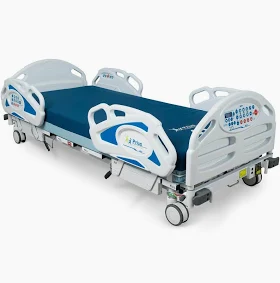
Electric hospital beds play a vital role in modern patient care, providing safe and efficient support for medical procedures and long-term comfort. As demand for intelligent, mobile, and backup-power-supported beds increases, the requirement for durable, safe, and high-quality battery systems rises rapidly.
LargePower delivers advanced lithium battery solutions tailored for electric hospital beds, providing long cycle life, stable power output, fast charging, and comprehensive safety protection to ensure smooth operation in all medical environments.
Main Product Categories
Our industry-leading lithium battery solutions for electric hospital beds are widely applied in hospitals, nursing homes, rehabilitation centers, elderly care facilities, and home medical equipment.
We work with global patient-care equipment manufacturers to ensure smooth lifting, positioning, and mobility functions with reliable, long-lasting battery performance.
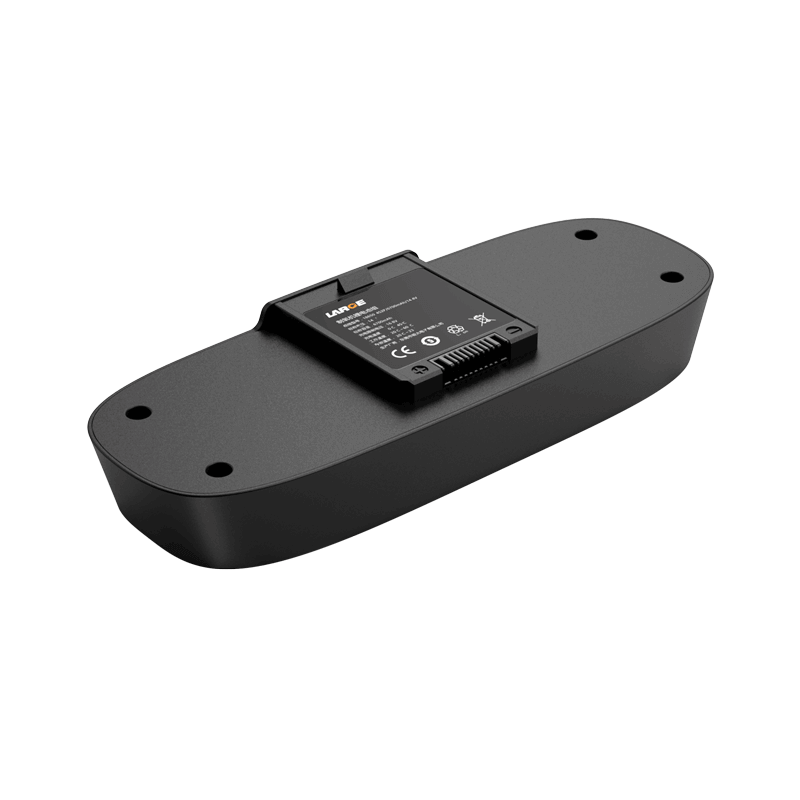
18650 14.4V 6700mAh lithium battery pack for oxygen concentrators
Our custom low-temperature batteries are designed to perform in extreme cold conditions, ensuring reliable power output for your specific application needs.
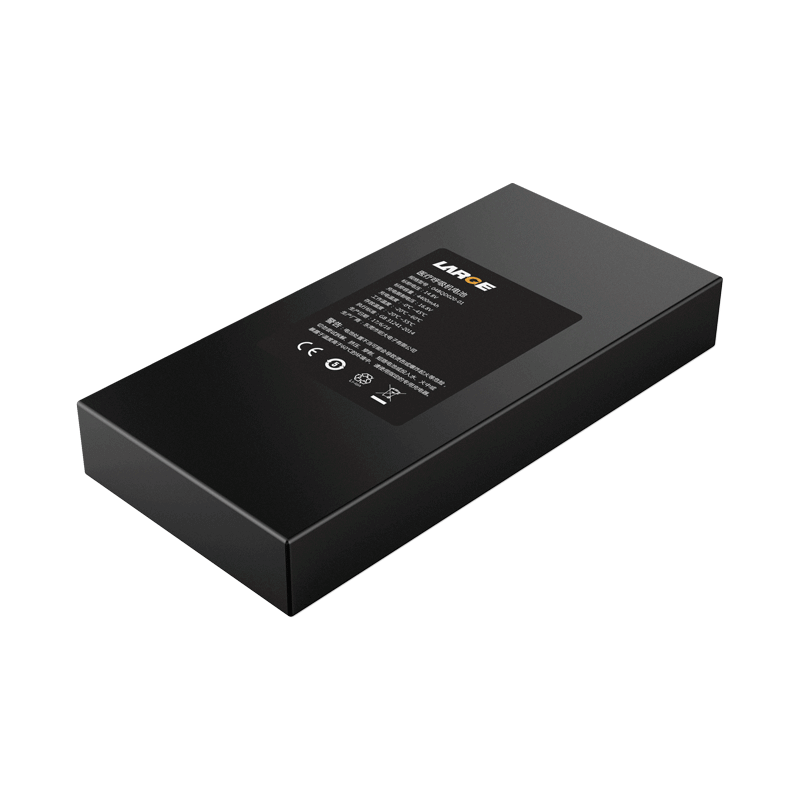
14.8V 4400mAh 18650 medical ventilator ternary lithium battery
14.8V 4400mAh lithium battery pack with UR18650 cells, compact 155×75×22mm design, reliable GB/T 18287-2000 standard, stable power for devices.
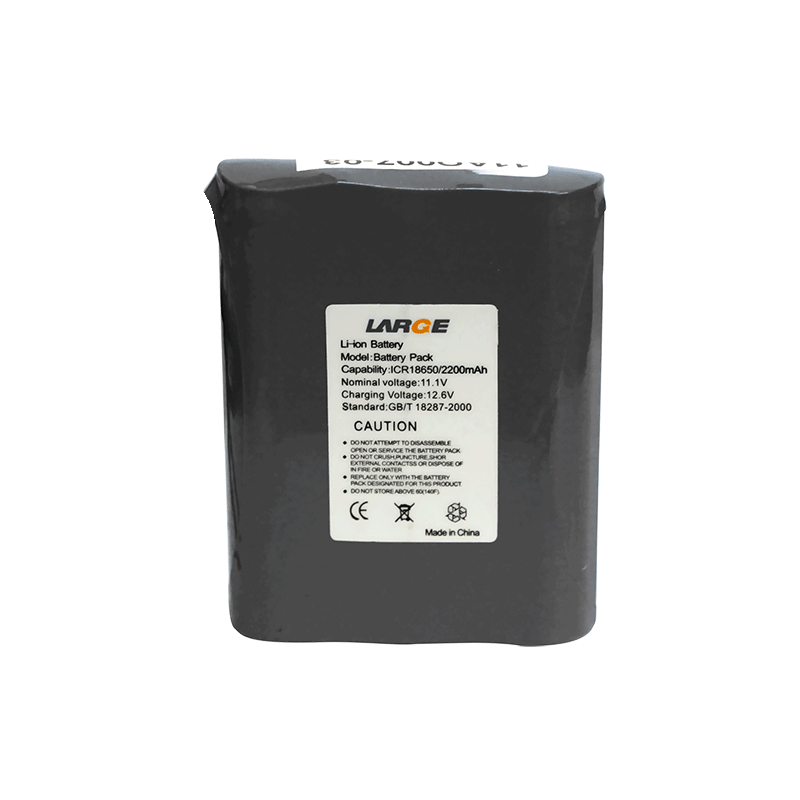
11.1V 2200mAh 18650 lithium battery pack for respirators
11.1V 2200mAh lithium battery pack, compact 71×56×19mm, reliable 18650-3S1P design, GB/T 18287-2000 standard, stable power and safe storage.
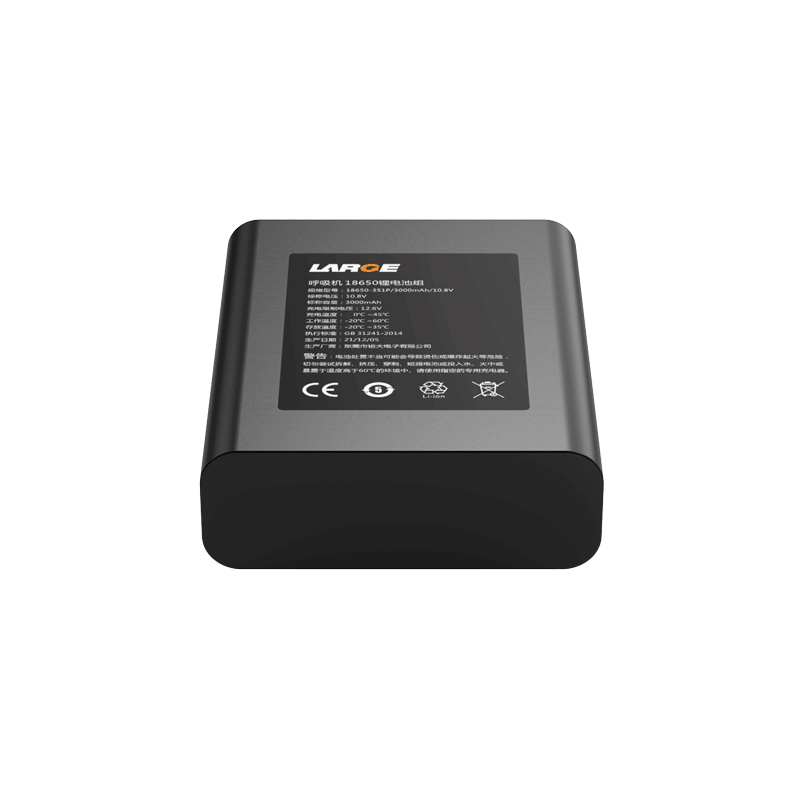
10.8V 3180mAh breathing machine 18650 lithium battery pack
10.8V 3180mAh lithium battery pack with NCR18650BD cells, 160g compact design, smart BMS protection, reliable power solution for ventilators.
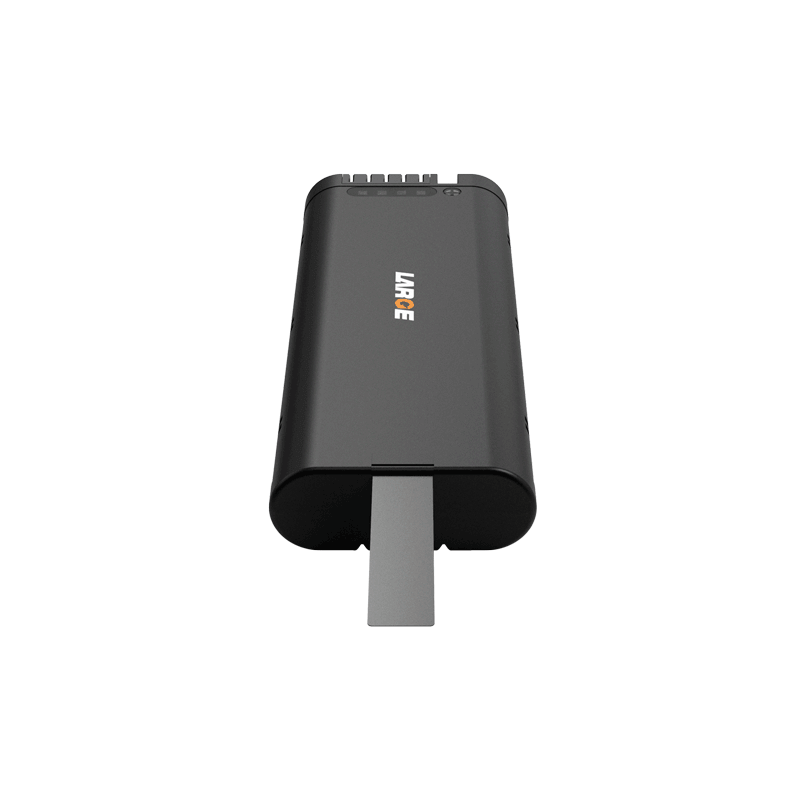
10.8V 6.4Ah 18650 Samsung medical ventilator ternary lithium battery pack
10.8V 6.4Ah medical ventilator lithium battery pack, industrial-grade casing, SMBus communication, high-safety 18650 cells, stable power and long cycle life.
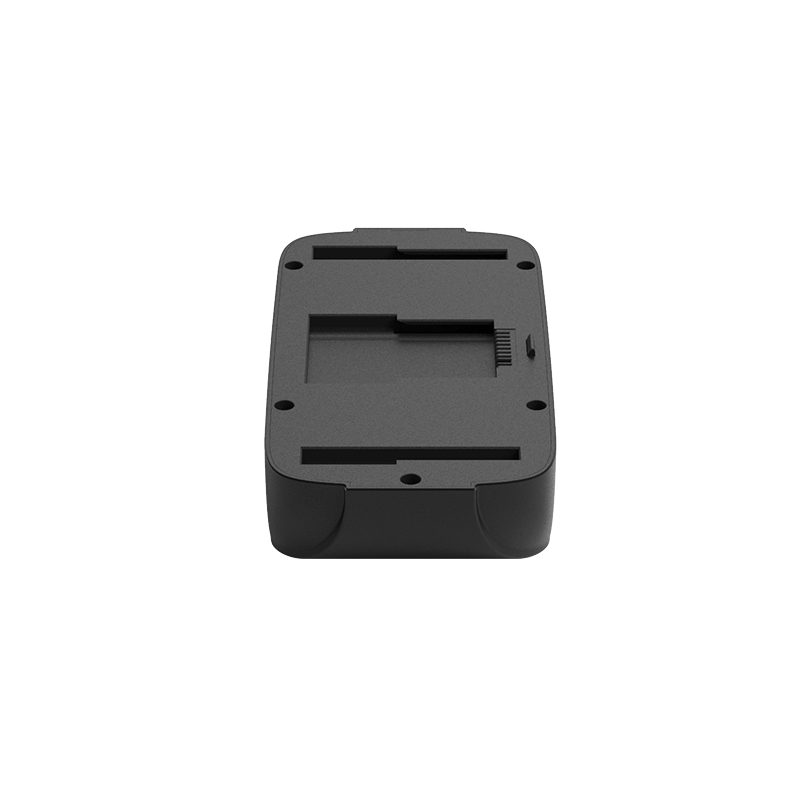
18650 14.4V 6.7Ah Breathing Machine Lithium Battery Pack
14.4V 6.7Ah lithium battery pack with 18650 cells, SMBUS communication, advanced BMS protection, long cycle life, ideal for ventilators and handheld medical devices.
Why Choose LargePower Electric Hospital Bed Batteries
Medical-Grade Safety
ISO13485 certified and compliant with IEC60601-1 safety standards, ensuring reliable and safe operation for patient-care equipment.
Extended Runtime
High-energy-density batteries support 8–16 hours of bed mobility functions such as lifting, tilting, and backrest adjustments.
Stable Output for Smooth Operation
Provides steady, low-noise power to ensure smooth bed movement without sudden jerks or voltage drops.
Multiple Safety Protections
Overcharge, over-discharge, overcurrent, short circuit, and temperature protection ensure safety for patients and caregivers.
Smart Power Management
Accurate remaining power display and intelligent alarms help prevent power loss during nursing operations.
Fast Charging Technology
Reaches full capacity in 2–3 hours, ensuring the bed remains ready even in high-turnover hospital environments.
Product Comparison
LargePower electric hospital bed batteries versus standard batteries
| Feature | LargePower Electric Hospital Bed Battery | Standard Lithium Battery | Advantage |
|---|---|---|---|
| Safety Certification | ISO13485, IEC60601-1 | No medical-grade certification | Meets medical equipment standards |
| Runtime | 8–16 hours | 4–8 hours | Up to 2× longer operating time |
| Cycle Life | 1500+ cycles | 500–800 cycles | +100% longer lifespan |
| Voltage Stability | Smooth & stable movement control | Possible voltage drop | Better patient comfort & safety |
| Charge Time | 2–3 hours | 4–6 hours | 50% faster charging |
| EMC Compatibility | Low interference for clinical devices | Possible signal interference | Safe for sensitive medical environments |
WHAT OUR PARTNERS SAY
Join the Electric Hospital Bed Power Revolution
Are You Ready To Upgrade Your Electric Hospital Bed Project?
We perform full-system testing on electric bed motors, controllers, and battery modules to ensure smooth operation, patient safety, and long-term durability. With a mature supply chain and customizable battery solutions, we guarantee consistent delivery—where mobility comfort meets advanced medical engineering.
Relevant Guidelines
FAQ on Electric Hospital Bed Batteries
Custom battery packs for hospital beds are typically supplied by medical-grade battery manufacturers that specialize in powered healthcare equipment. These companies design lithium or lead–acid packs tailored for adjustable beds, nursing beds, and home-care medical beds.
Industry directories often reference suppliers like LargePower, which produces custom battery systems for various medical mobility and patient-care devices.
A typical process includes:
-
Identifying the bed’s required operating voltage
-
Checking the motor’s peak and continuous current draw
-
Measuring the available battery compartment space
-
Confirming connector type and polarity
-
Defining required runtime and cycle life
A step-by-step approach helps ensure the custom battery matches both mechanical and electrical requirements.
Many manufacturers design medical OEM and custom battery packs for hospital beds, ventilators, monitors, and mobility equipment.
A well-structured article often lists suppliers experienced with certifications, BMS design, and medical-grade quality control. Companies such as LargePower frequently appear in industry references due to their work with medical power systems.
A comparison typically includes:
| Feature | OEM Battery | Custom Battery |
|---|---|---|
| Compatibility | Guaranteed | Requires validation |
| Certification | Included | Depends on supplier |
| Cost | Higher | Variable |
| Availability | Consistent | Useful for discontinued models |
| Runtime | Standard | Customizable |
Such tables help healthcare facilities evaluate the trade-offs clearly.
Some manufacturers offer custom or compatible battery packs for Stryker hospital beds. Technical product specification sheets usually include voltage, dimensions, connectors, and protection parameters, enabling technicians to match a custom solution to a specific bed series.
Home-care environments often prioritize weight, ease of installation, cost, and quiet operation. Review roundups frequently discuss lithium packs for longer runtime or sealed lead-acid packs for affordability, helping caregivers or home users make informed choices.
Pricing depends on chemistry, capacity, BMS features, casing, and required certifications. Suppliers typically provide pricing guides outlining cost ranges for lithium, AGM, or customized packs.
Custom batteries may cost more initially but provide optimized runtime or fit for unique bed mechanisms.
Battery systems for electric beds must meet relevant medical safety standards, including:
-
IEC 60601-1 for medical electrical equipment
-
IEC 62133 for rechargeable battery safety
-
UN38.3 for transportation
-
RoHS / REACH for materials compliance
Regulatory FAQs often break down these requirements for biomedical teams.
Replacement typically includes:
-
Turning off and unplugging the bed
-
Removing the battery housing panel
-
Disconnecting the existing battery
-
Installing the new pack with correct polarity
-
Running a function test
Visual or video guides are often used because they clearly demonstrate connector positions and safety steps.
A comparison includes:
| Parameter | Lithium-ion | Sealed Lead-Acid (SLA) |
|---|---|---|
| Weight | Lighter | Heavier |
| Runtime | Longer | Medium |
| Cycle Life | Higher | Lower |
| Cost | Higher upfront | Lower upfront |
| Maintenance | Minimal | Periodic checks |
Such comparison tables help procurement teams choose the right chemistry.
Bariatric beds require batteries capable of handling higher motor loads, increased peak current, and longer duty cycles. Whitepapers often detail the engineering considerations such as thermal behavior, reinforced wiring, and high-capacity lithium or deep-cycle SLA designs for these specialized beds.
A typical checklist includes:
-
Voltage and Ah capacity
-
Peak/continuous current needs
-
Dimensions and mounting method
-
Connector type
-
Battery chemistry preference
-
Required certifications
-
Expected runtime and duty cycle
This ensures the supplier receives complete, accurate engineering data before production.
Healthcare facilities typically source batteries through suppliers capable of:
-
Providing long-term supply contracts
-
Maintaining batch traceability
-
Offering engineering support
Case studies often show how hospitals purchase customized packs in volume for maintenance cycles or large equipment fleets.
Some suppliers—such as LargePower working with medical equipment integrators—are mentioned for supporting multi-unit custom battery deployments.



